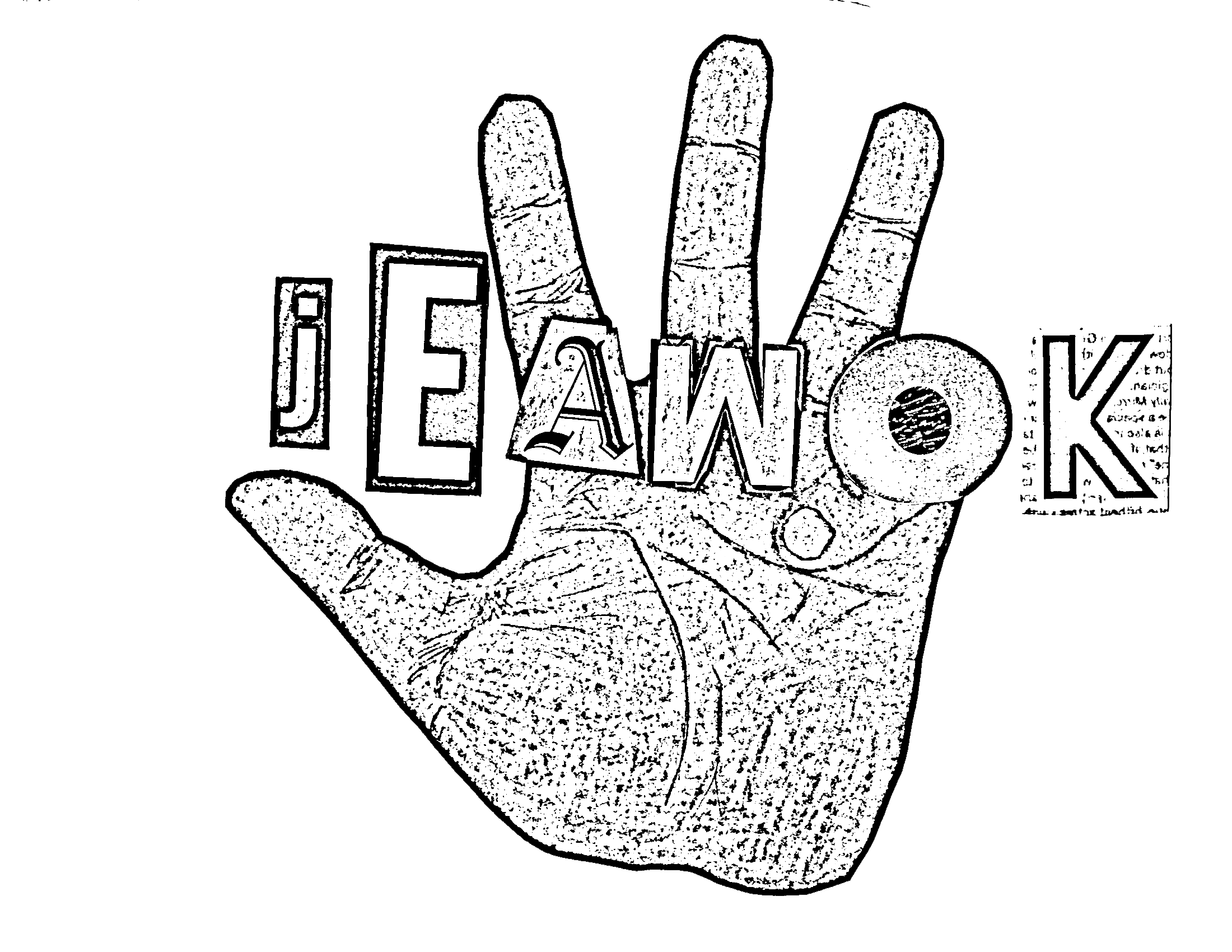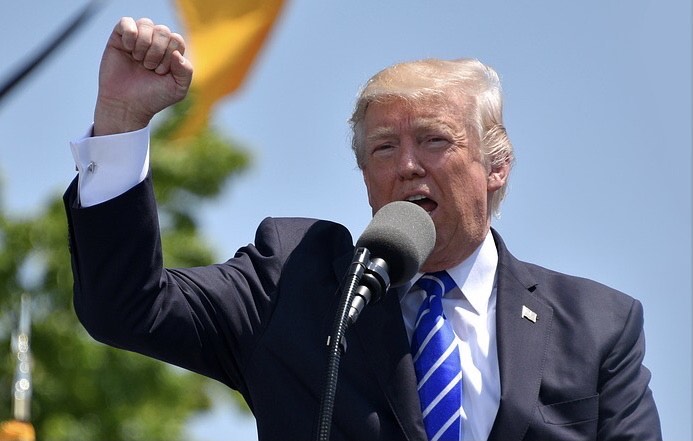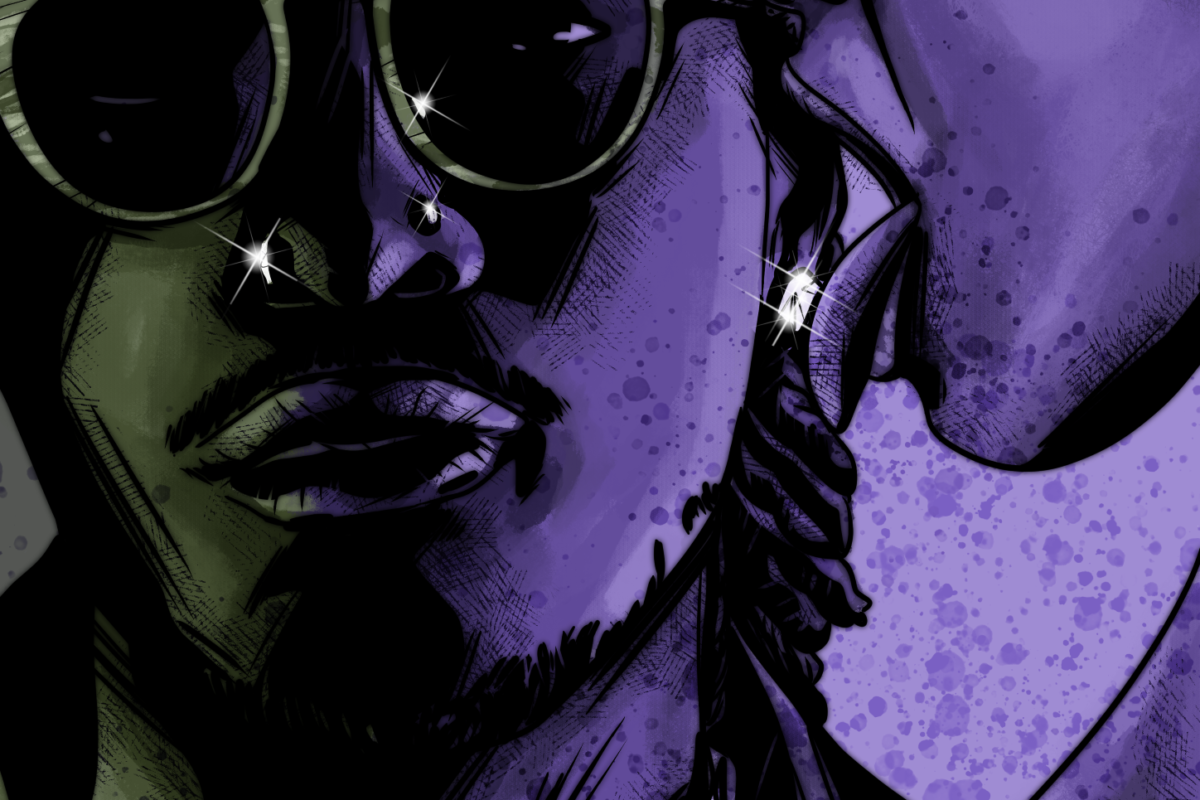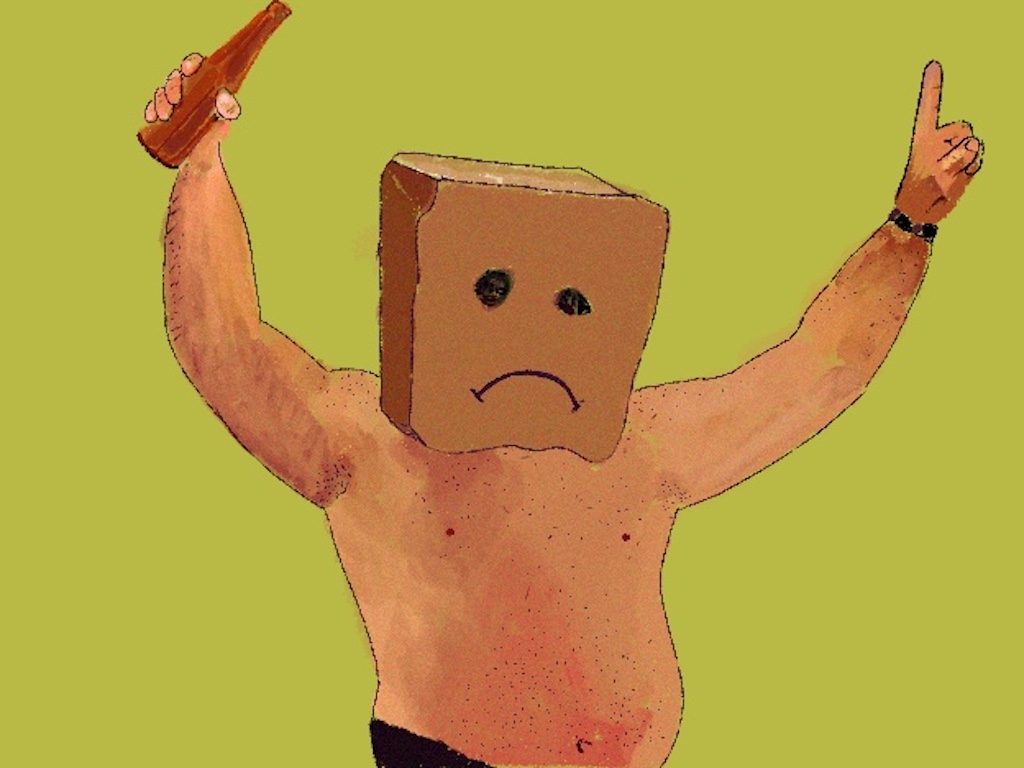The right is very quick to defend Trump when he is accused of being racist, probably because no one wants to hear the words “you voted for a racist.” But guess what? Biden is racist, too. And so am I, and there is a good chance you are as well, to some extent.
It’s due to implicit biases ingrained in us by what we perceive as “normal” when we are young. For Biden and Trump’s age group, that means, as an example, that racial segregation in schools was taught to them as being “normal.” Most people agree now, that racial segregation in schools is, indeed, racist and immoral, that feeling is still deep in many people in that age group, and it takes effort to admit those wrongs and shake old perceptions that were thought to be true. The country has learned and grown, and the percentage of humans here who see segregation as “normal” is finally close to zero.
No matter how hard people try to sugarcoat the history of the United States, it is a country created on stolen land with a long history of overtly racist acts, with slavery obviously being the most glaring. And sure, slavery existed almost everywhere and was not unique to American soil, but that very fact is why it was viewed as “normal” by many men who were probably quite morally sound in their ways, but simply were too dense to see for themselves that what they were taught was wrong, so they went along with it.
Think of it this way: On the East Coast, people say “I’m driving on Route 80” and on the West Coast they say “I’m driving on the 80.” Both sides think the other sounds stupid and funny, and believe their own way is right… because it’s normal to them. Now there are no moral questions regarding how you talk about your highways, but that feeling of “my way is right because it’s how I was taught” is a simple and harmless example of an implicit bias. When it comes to racism, and even more so the feeling of white supremacy, it’s the same mental process as believing one highway nomenclature is correct and the other is something lesser because one is familiar and one is not.
Trump’s Biases v The U.S.
Even the most staunch Trump supporters can admit that most Americans are not born billionaires, and most never will be. That in and of itself puts Trump in a difficult position to truly understand what being poor in America is like. Very fair arguments can be made that he worked just as hard as his father to be where he is, and certainly no one should be chastised simply for being born rich. However, a recognition that differences exist between a billionaire child’s life versus a poor child’s life is certainly fair as well.
Children are also molded by their parents, and according to members of Trump’s own family, his father Fred was both controlling and bigoted, which is, in Donald’s defense, a difficult situation for children, especially those who want to think freely. There are countless accounts of Trump making statements that could be perceived as bigoted long before politics was a thought, and The Atlantic published an oral history of Trump’s bigotry that you can read here. This article is more about the “why” than the “what,” however, and he is certainly not unique to his time for being influenced by biases that paint non-whites in a poor light.
People who are too young to remember the Civil Rights Movement collectively view it as a bells-and-whistles achievement in American History, but the blunt truth is that it was a hard-fought battle won in blood, with a lot of the resistance coming from well-funded white people who didn’t want to see their tax dollars helping out African Americans and other minority groups. Trump’s generation was alive during this battle, and not everyone still walking the Earth was on, what we now consider, the right side of it when it was being fought.
Just as the generation who learned about Martin Luther King through books collectively views him as a hero due to what they were taught, many people in Trump’s generation viewed him as a villain due to what they were taught. These are implicit biases, and implicit biases take conscious effort to shake. I opine that Mr. Trump never tried to shake them, and he is certainly not alone in that for white men his age.
Trump’s Defenses
This article is certainly not the first to suggest that Mr. Trump has some white supremacy views, and when questioned about them, he has pointed to many different defenses to suggest otherwise, rather than simply admitting he has some aged views on the ways of the world.
Trump has stated that he brought the African American unemployment rate to the lowest it had been in decades during his presidency, and he is pretty much telling the truth when he says that. When he added, “Dems did nothing for you but get your vote!” however, he was no longer speaking truthfully. According to the same Bureau of Labor statistics report that showed the lowest African American unemployment rate happened during Trump’s presidency, that same rate began dropping drastically in 2010, and continued to do so into the Trump presidency, until 2020 when they skyrocketed.
To say Trump is responsible for the rate skyrocketing in 2020 would be blatantly false, as it was the COVID-19 pandemic that did it (though fair to note that African Americans were affected much more harshly than their Caucasian counterparts). But to say he was responsible for the rate dropping without mentioning an Obama presidency that turned the unemployment numbers around would be just as false. It was a team effort, but giving credit where it is due is not something Trump fancied.
It would be beneficial to this article to share the black unemployment rate from when Trump was a child as a comparator, but those statistics were non-existent until 1972. Remember those childhood biases?
Trump also made the claim that he has been the “best president for African Americans” and I think the gentleman on the five dollar bill might disagree, as well as anyone not still riding the Trump train. Upon making this claim, he pointed to increased funding for Historically Black Colleges and Universities (HBCU), and criminal justice reform as the reasons, while simultaneously running taxpayer-funded ads against political opponents who were speaking out in support or the Black Lives Matter movement against police brutality and murder.
He also liked to point to the First Step Act that was passed during his tenure. And, indeed, the Act reduced sentencing for nearly 1,700 individuals, 91% of whom were black (implicit biases also lead to disproportionate arrests in POC communities). However, that law passed the House and the Senate with a supermajority, meaning it was unable to be vetoed, and Trump literally had no choice other than to sign it. Fair to assume he would have anyway, but probably fair to think he may have vetoed it. It’s certainly not fair to say he was the motor that made the Act happen, yet he points to it as another of his defenses.
Now to the HBCU funding.
Trump pointed to legislation that “saved historically Black colleges and universities” as his own as another defense against claims of bigotry, but the legislation he did, indeed, sign was simply a renewal of funding set in place by the Obama Administration. So, in reality, all he really did was choose to not take money away from those establishments.
Conclusion
Given his lackluster defenses against his claims of bigotry, and truly zero examples of legislation that he prioritized rather than went along with, it’s probably safe to say he was not the best president for African Americans. Given his upbringing and life that simply didn’t allow for real interactions with people who were suffering due to the American system that is, it’s probably also safe to say that he was more a victim of his circumstance than he was an overt, angry racist. He certainly saw votes in that demographic, though, and any perceptions of him being one of them have a little more weight than him being the so-called “best president for African Americans.”
Implicit biases are as normal in every individual as a pulse, and the only way to leave them behind is to put in effort. So to answer the question “Was Trump Racist?” would have to be a yes, but he was molded to be and never chose to change.




